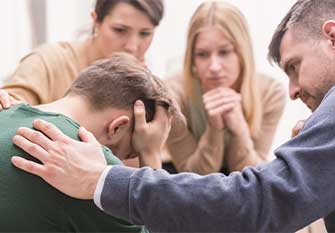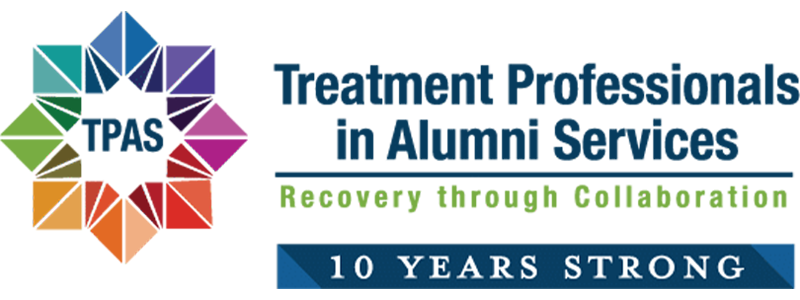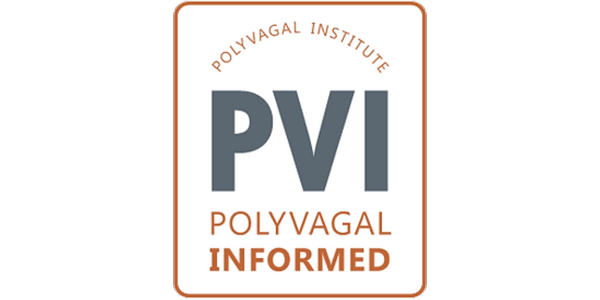Watching a loved one struggle with drug addiction can be one of the most heartbreaking things to go through. Your loved one begins to act differently, look different, and distance themselves from the family. Luckily, there are many things someone can do if a family member is on drugs. Keep reading for the best ways to support your loved one and get them the help they need before it is too late.[/vc_column_text][/vc_column][/vc_row][vc_row][vc_column][vc_column_text]
What Can Someone Do If a Family Member is on Drugs: Do Your Research

- Research drug addiction itself. By knowing how addiction affects the brain, you will start to recognize signs in your loved one and can anticipate how they might act. This will help you take it less personally when they act out.
- Start looking at treatment options for them. The less your loved one has to think about when presented with treatment options, the better. Not every treatment center is the same, so make sure you find one that specializes in individual needs and caters to their lifestyle, such as The Pointe Malibu.
- Get to know the recovery process. Even before recovery begins, research the best way for you to be there for your loved one during this time. That way, you are prepped and ready when they do head to treatment and begin their new life.
Be Prepared
This might be hard to read and accept, however, it is very important that you are prepared in case anything happens while your family member is on drugs. This includes:
First, familiarize yourself with the signs and symptoms of an opiate drug overdose. There are many signs and symptoms. However, if your loved one is unconscious, has shallow breathing, or seems extremely intoxicated — all of these are common signs that point to a potential opiate overdose, and you should call 911 immediately.
Having Narcan ready in the home is also extremely important, and something proactive that you can do if your family member is using opiates. You can stop the progression of an opiate overdose by administering Narcan while first responders are on their way. Narcan is available at most major drug stores and those few minutes can save your loved one’s life.
DON’T Enable them

Signs of enabling include:
- Ignoring their behaviors
- Tolerating their drug abuse
- Providing assistance, such as money or a place to use
- Making excuses for them
- Brushing off toxic behaviors
- Bailing them out of situations
- Not following through on punishments or consequences
- Allowing your boundaries to be crossed
Talk to Them
The most important thing someone can do when a family member is on drugs is to talk to them. The conversation might be difficult, and it might turn volatile due to their heightened aggression while on drugs. However, it is important to keep trying no matter what — it can be what saves their life.
Tips for the Conversation
- Come from a place of love. By “confronting” your loved one with evidence or harsh realities from a place of anger, the conversation will not go well. Instead, come to your loved one from a place of love and support. Treat your loved one as if they had any other medical disease with severe symptoms.
- Write a letter or make a phone call. For some people, it can be easier to process this conversation in written form or when it is not face-to-face. This allows more time for your loved one to digest the information before responding, which also helps avoid a potentially volatile argument.
- Hire an interventionist. When all else fails, hire an interventionist. It can be difficult for some people to admit their misgivings to family members, however, a neutral third party can help your loved one open up and receive the messages.
About The Pointe Malibu Recovery Center
We provide recovery solutions for drug and alcohol addiction, process addictions, mental health issues including depression and anxiety, co-occurring disorders, and chronic pain addictions. Our rehab treatment programs are proven effective, evidence-based solutions. We provide world-class medical and clinical treatment with a large on-site staff of professionals. Our facilities provide luxurious accommodations – which our affluent clients are accustomed to and expect.
Each The Pointe Malibu client undergoes a compassionate and thorough diagnostic assessment. The assessment provides an individual set of recovery goals. Our experienced medical, clinical, and addiction professionals tailor corresponding programs and highly customized treatment plans.
To help you find your way through to the life you want, The Pointe Malibu Recovery Center offers a complete series of support programs. With care and compassion, our treatment experts will guide you through every phase of the recovery process. We staff doctors, psychiatric and addiction specialists, therapists, and support staff. Together, we provide a complete continuum of care from your arrival to your growth into a better life.





